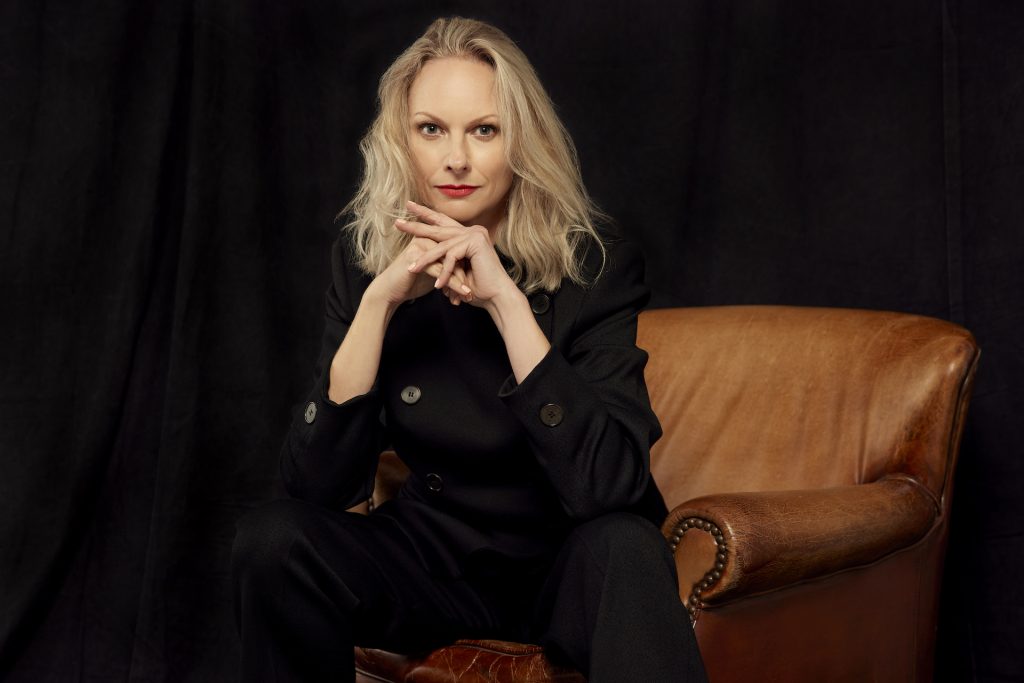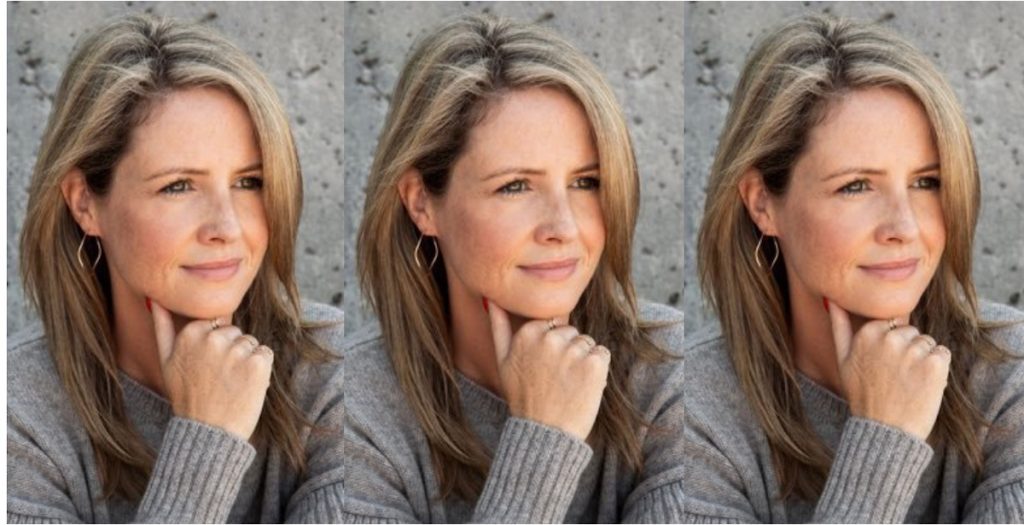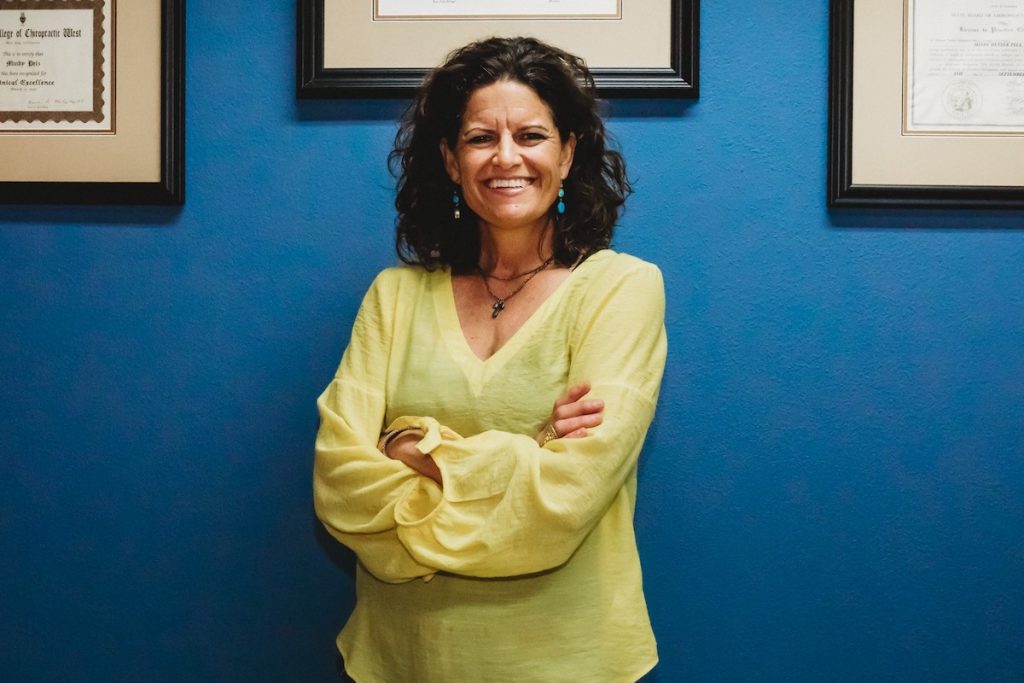It’s a phenomenon that’s been coined by renowned research professor and storyteller, Dr Brené Brown. Drawing similarities from the mental and physical anguish you feel after drinking too much booze, a vulnerability hangover is the sense of shame and fear after taking an emotional risk.
“Shame is really easily understood as the fear of disconnection: Is there something about me that, if other people know it or see it, [means] I won’t be worthy of connection?” Brown says in her TEDx talk.
The problem is, as humans, we want to build deep connections by showing who we really are, but at the same time, conform to social norms by not sharing too much. And it can be tricky to balance these needs.
If you’ve woken up with that feeling of dread that you’ve divulged too much, know this: the other person probably isn’t thinking about your slip of the lips as much as you are. It’s called “the beautiful mess effect”, and we generally view our own displays of vulnerability more negatively than those of others.
“Shame is really easily understood as the fear of disconnection.”
Think about the last time someone was completely open and natural with you – we’re guessing their vulnerability created a considerable amount of trust and increased closeness. Even in the office it can be beneficial, with research finding that vulnerable bosses also make better leaders as they put people at ease.
What’s more, you can take comfort that any regret you feel won’t last very long. Studies show that, while we tend to focus in the short-term on things we wish we hadn’t done, in the longer term, we always regret the things we didn’t do.
If being really open makes you feel bad, think about why you overshare in the first place, and then make a plan for the next time you might do it. Do you want to get closer with this person? Or are you lonely and you want to connect? Considering your end goal might help you hold back if you need to.
But don’t let it stop you. Being vulnerable can be one of life’s superpowers. You’ll gain so much more than you’ll lose by opening up and being yourself. In fact, Brené Brown feels that it is only when we expose ourselves that we have experiences that bring purpose and meaning to our lives.
Like what you’ve just read? Sign up to The Suite for exclusive content delivered to your inbox each fortnight.




